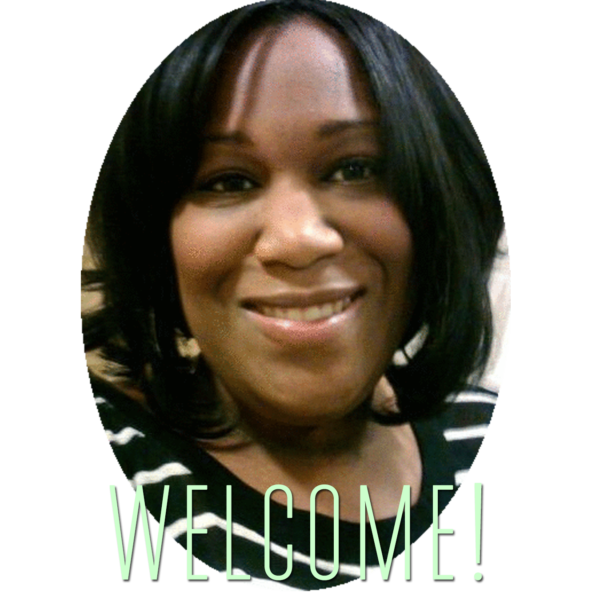
Over the years, I’ve had plenty of students come by my office to chat about career plans. Many, of course, are undecided about which path they’d like to take. Some are clear about wanting to go to graduate school, but don’t know how far they’d like to pursue it.
This may sound surprising, but I’ve advised plenty of students to think twice about pursuing a Ph.D. This has nothing to do with aptitude, qualifications, or level of motivation, but simply, that most people do not fundamentally understand what the degree is or what it entails.
What Is A Ph.D.?
A Ph.D., or doctor in philosophy degree, is understood by most to be the highest academic degree awarded by universities. It usually requires 5+ years of specialized education and training in a particular field, comprehensive exams, and dissertation. Your dissertation is an original piece of scholarship that passes muster by a committee of experts, who are soon to become peers.
You’re not just taking classes and taking tests. You are being trained as a researcher. You read extensively and find out all there is to know about a specific topic. Then your job is to analyze what is already known and extend it into a brand new piece of scholarly work.
Way back when, I read just about every single published study I could get my hands on on about African American women and their endorsement of stereotypical feminine ideals (“to be attractive,” “to be nurturing,” “to be submissive”) and juxtaposed it with culturally-based counter-stereotypes (“to be strong” and “to be independent”). I wanted to know how they made sense of a contradictory messages of how women “should” be. I wanted to know how these ideals and counter-stereotypes affected their romantic relationships. I wanted to know if it affected their mental health.
I know the kind of intense hard work goes into devising an original research study, collecting and analyzing data, and packaging it all up in a book (because, this is essentially what you’ll have when it’s all said and done).
I also know that this kind of work is not for everybody.
You Want To Be A Scientist…. Or Nah?
There’s really only one good reason to pursue a Ph.D. This is it: You want to be a scientist or a researcher. This is what the degree is all about. The academic program is preparing you to dig deep into an area of interest. By the time it’s all said and done, you’ll have considerable expertise in this topic.
You’ll pour over published work in academic journals, critically reading, examining for truth and potential flaws. You’ll design research studies, write grants, seek institutional approval that your study poses no harm, you’ll analyze lots of data, you will present at conferences, you will write it all up to be published. Rinse and repeat.
When asked how do you feel about science and research, your answer had better be that you love it. Even if you have plans to move onto industry, guess what, you’ll still be investing a lot of time into doing similar work.
What About A Practitioner?
I’m a psychologist, so the majority of my students I meet share an interest in the softer side of psychology: Practicing therapeutic work with clients. What they don’t necessarily realize is that even the therapists with Ph.D.s are trained researchers as well. After all, how do you know if a therapy is working? Research.
There’s nothing wrong with the softer, less science-y, more clinical side of psychology. There are degree options for you. The newer Psy.D. (Doctor of Psychology) option offers what you need, but a much heavier emphasis on a career of clinical work. Of course, you don’t even necessarily need to get a doctorate to pursue clinical work. People do it every day with master’s degrees.
Others have designs to carry out more applied work, where you’re interacting with the public in some capacity. Again, be clear whether you truly need a Ph.D. to do this type of work.
Prestige-Seekers Need Not Apply
Prestige. Credibility. Letters behind your name. Commonly expressed egoistic, and in my humble opinion, really bad reasons to embark on a Ph.D.
An acquaintance of mine expressed that the title of Ph.D. would boost credibility in her field. She wanted to counsel and write books and believed the doctorate would unlock the key to her future as a best-selling author. Ostensibly, a “title” may help sell books, but it won’t help you actually enjoy the years of research and training it takes to acquire the degree.
Anything that feels like drudgery in pursuit of a title is a clear indication that you’re on the wrong path. Clinical work is credible in its own right, and certainly, great fodder for published books to get your approach out to the masses. You don’t really need the Ph.D., I advised.
Extending Beyond Psychology
The specific examples above apply squarely to the field of psychology. However, there is a larger point here. No matter your discipline, a common thread among most academic Ph.D. programs is research. Research simply does not float everyone’s boat. And it’s OK.
Admissions committees do their fair share of weeding out applicants who lack understanding of what the degree entails, who have out-of-alignment career goals, and status or prestige seekers. Instead, they are looking for prospective students with a passion for the work and an aptitude to be highly successful at it. If you don’t have these qualities, chances are, at some point you’ll come to this realization and take off for sunnier pastures, career-wise.
Bottom line: If you’re not of the research-y, data- or evidence-driven persuasion, then perhaps the Ph.D. is not the right degree for you.
More Resources
There is much to know about graduate school in psychology before you apply. To make it easy, I am devising into a video-based e-course, detailing the very best advice and recommendations to successfully get into graduate school the first time.
The online course covers:
- What you should focus on Freshman to Senior year to get into grad school
- How to identify an area of specialization
- Masters, Psy.D., or Ph.D.?
- Traditional or online?
- Volunteer, internships, research – where does it all fit in?
- Getting excellent letters of recommendation
- How to stand out as an exceptional candidate for masters and Ph.D. programs
- What to write about in your essays
Only members of the Psychology Major Inner Circle can access the course. Subscribe to join and receive notification when the course is open for enrollment. Alternatively, if there’s a topic you’d like to see covered that isn’t listed, join the circle and let me know what you think.
 How Hard Is It To Get Into Graduate School?
How Hard Is It To Get Into Graduate School? How Hip Hop Led Me To Graduate School
How Hip Hop Led Me To Graduate School There Are No Scantrons in Grad School
There Are No Scantrons in Grad School I Didn’t Attend A Top College – Does It Hurt My Chances of Getting Into Grad School?
I Didn’t Attend A Top College – Does It Hurt My Chances of Getting Into Grad School?